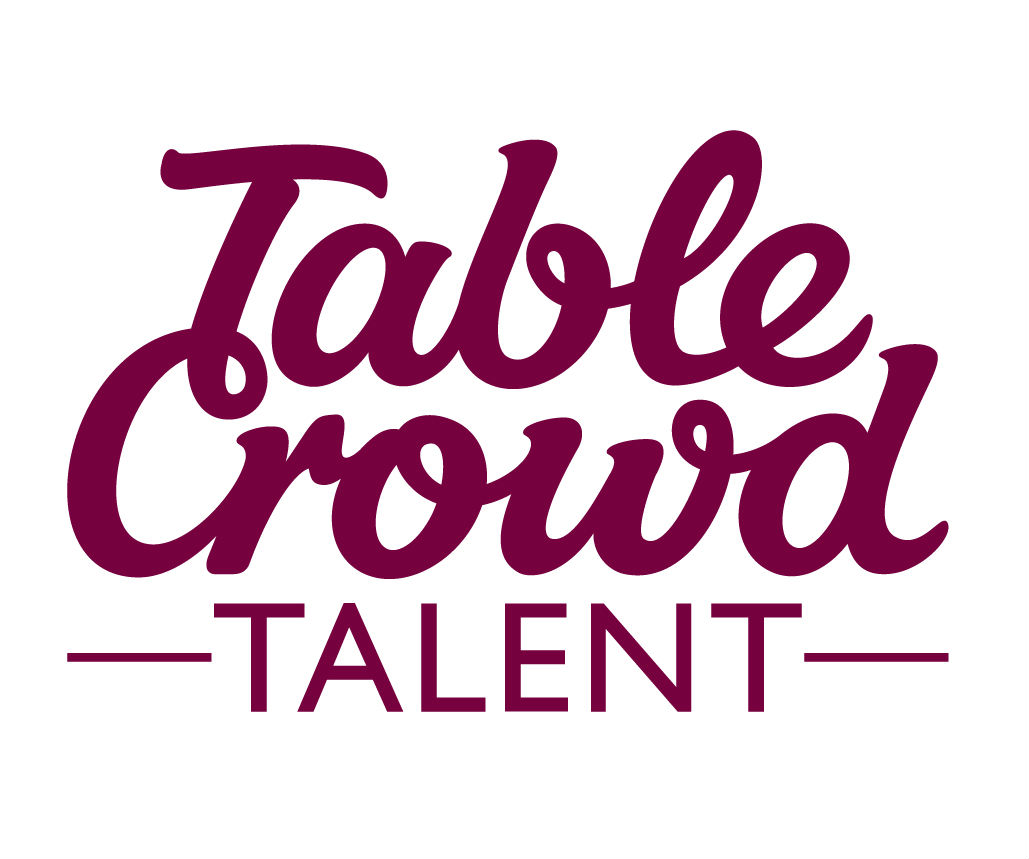When you’re interviewing candidates for your startup, time is of the essence. You only have a limited number of minutes to gather as much relevant information as possible. The questions you ask make all the difference here. Are you using the right ones?
Having conducted more interviews than we can count over the years, we thought we’d get right in there and help you explore the different types of questions, when to use them and why.
Open-Ended Questions and The Power of Detail
These are the questions that invite longer, personalised answers that will shed light on a candidate’s experiences and thought processes. From what they say to the way they say it, these will give you a lot of insight. By encouraging them to share their stories, you’ll gain an understanding of their logical thinking, communication skills and even body language cues.
However – a word of caution: to truly benefit from open-ended questions YOU will need exceptional active listening skills. Otherwise, you might miss important points and inadvertently come across as bored. It’s not a good look.
So, sharpen those listening ears and be ready to dive in. Use words such as “Tell me about…”, “Explain…”, and “Describe…”
Good Examples: “Tell me what excites you the most about working in a startup”; “Describe how you approached a challenging situation in a previous role.”
Closed Questions: We’re going Straight to the Point
Sometimes, you just want an answer. Simple, one-worded, done. These questions require a simple “yes or no” response, making it perfect for verifying facts and/or gathering more specific information. These work great at the end of an interview – whether you just need to clarify a few points you picked up on (with those listening ears) or just want to tie up some loose ends.
You’ll use closed questions when assessing a candidate’s technical proficiency or just want to confirm their qualifications or past experiences. While these types of questions are excellent for cutting through all the noise – make sure you don’t solely rely on them. When overused they will limit the candidate’s ability to fully express themselves.
Good examples: “Have you worked with Python programming language?”; “Have you ever managed a team of more than 5 people?”
Now that we’ve got the two types of questions settled, let’s address some common interview pitfalls.
Compound Questions: More twists and turns than a crime novel
Have you ever walked through an actual maze, or tried to solve one of those drawn in a magazine? The multiple twists and turns can be tricky! That’s what it can feel like when a candidate is faced with a compound question.
These are questions that pack a serious punch – multiple inquiries in a single sentence. We love efficiency here, don’t get us wrong, but these questions can confuse both you and the candidate.
They might struggle to provide accurate and expansive answers. It’s very easy to get lost in the complexity of a compound question and possibly omit whole parts of it. You might even forget where you were going with it in the first place.
To ensure clarity – break those down. One focused question at a time. We get it, you have all the questions and you’re excited about your work and just want to find out everything about this person - but rein it in.
Don’t do this: “Tell us about a project that didn't go so well, what you learned and how you turned it around?” or “Did you enjoy your. last role, what didn't you like about it and what were some of the things you learned”
Leading Questions: Oh, that Treacherous Path
The allure of a leading question is real. These are the ones that subtly nudge a candidate towards a desired answer or steer them in a specific direction. While tempting to “help”, you might just be tainting the integrity of the whole interview process.
Remember, you are seeking authentic and unbiased responses from those candidates. Leading questions can unintentionally influence or bias their answers, which leaves you with inaccurate of incomplete information. Stay true to purpose, ask neutral, objective questions, and try as much as you can, to control your responses to what they are saying. This will allow that candidate to express their genuine thoughts.
Don’t: “Wouldn’t you agree that teamwork is crucial for this project’s success?”
Better: “What would you say is crucial for a team to succeed in this project?”
Also better: “How would you ensure this project is a success?”
As a startup founder, it’s essential you create a positive and inclusive interview environment. Avoiding those few bad question practices you’ll be able to conduct more effective interviews. Make sure to foster a space where candidates feel comfortable and encouraged to share their stories.
————————-
Who we are
Offering personalised, consultative service, at TableCrowd Talent we’re a specialist recruitment agency with our finger on the pulse of the startup and scaleup scene. We are committed to matching graduates, professionals, and C-level executives to exciting startup and scaleup jobs across London, the UK, and Europe.
~~


